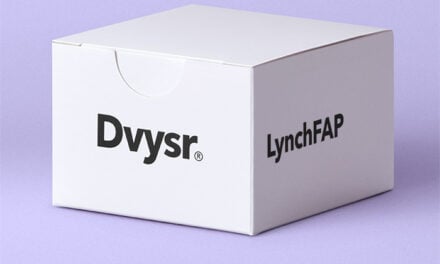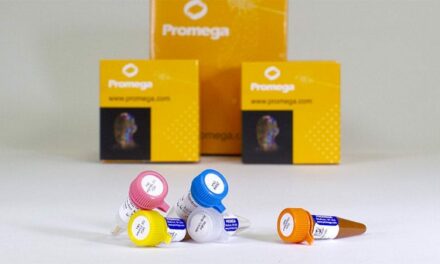A new systematic review of colorectal cancer (CRC) explored predictors of screening adherence among average risk adults across three decades to understand the variances in factors driving adherence.
CRC screening reduces CRC mortality1 and occurs in a wide variety of care settings.2 While only about two-thirds of those age >50 years are up to date on CRC screening,3 certain populations have even lower rates, including people ages 50-54 years (48%), those of Hispanic ethnicity (59%) and Medicaid recipients (53%).4
Freenome, a privately held biotech company, presented this research at the American Society of Preventive Oncology (ASPO) annual meeting, which detailed how the factors driving adherence differ over time and by specific care setting.
The research examined the frequency of more than 100 predictors of adherence organized by type of factor (e.g., test, patient, provider, site and environment) across five study settings, including primary care, specialty care, integrated system, safety net (e.g., community health centers) and regional cross-sectional surveys.
Analyzing Cancer Screening Adherence
Across these settings, the study found 71.1% of predictors were patient-related factors, primarily demographics (e.g., age, ethnicity, and sex) and perceived importance of screening. The proportion of each predictor varied by care setting, but across all studies patient environment factors (e.g., local federal poverty level and proximity to healthcare facilities) doubled and clinic site factors (e.g., screening programs and appointment duration) tripled in the last five years.
“This research emphasizes the need for taking a more holistic view of cancer screening,” says Caitlin C. Murphy, PhD, MPH and coauthor of the study. “We need to look beyond the patient to recognize and address other factors like the patient’s neighborhood and clinic site that impact adherence.”
In addition to continued support for programmatic screening, recent studies advocated for incorporating patient preferences and culturally-competent materials to increase adherence.
“Adherence is so fundamentally tied to health equity, which is a driving force behind the work we do every day,” says Mike Nolan, chief executive officer at Freenome. “This research underscores the importance of understanding and addressing the socioeconomic factors that affect CRC screening adherence, so we can save more lives.”
Freenome is developing a CRC screening test using a routine blood draw to detect cancer in its earliest stages. With more than 30,000 participants, Freenome’s clinical trial, PREEMPT CRC, is the largest prospective study to date for a noninvasive CRC screening in an average-risk population, with enrollment expected to close in the coming months.
References
- Zauber. Dig Dis Sci. 2015. doi: 10.1007/s10620-015-3600-5
- Lin et al. JAMA. 2021. doi: 10.1001/jama.2021.4417
- Joseph et al. Prev Chronic Dis. 2018. doi: 10.5888/pcd15.170535
- Siegel et al. CA: A Cancer J for Clinicians. 2020. doi: 10.3322/caac.21590





